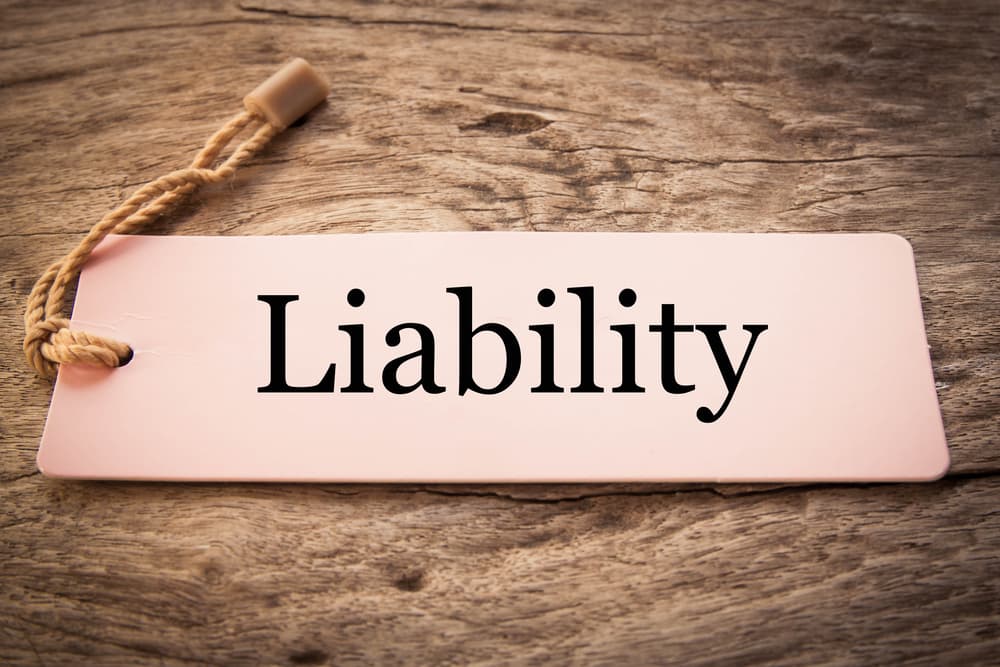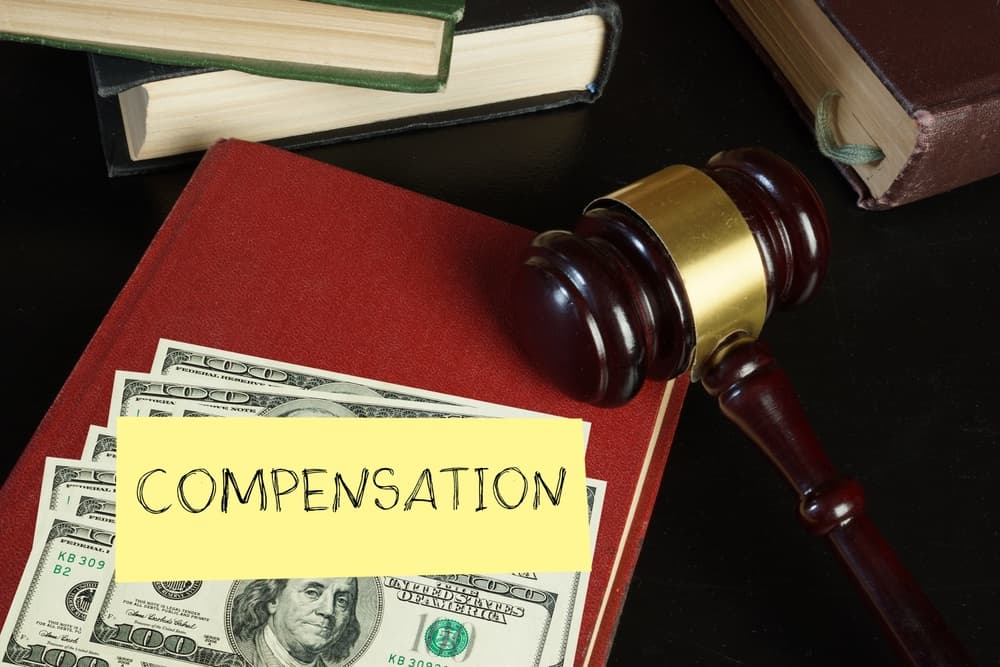If you've recently been involved in a truck accident, you're likely facing serious challenges. Medical bills, lost wages, and damage to your vehicle can feel like a never-ending uphill battle.
Working with a truck accident lawyer can make handling these issues far less complicated. A lawyer offers guidance, builds a strong case, and ensures you receive the compensation you’re entitled to. But how exactly can they help? Let's take a closer look.
Investigating the Truck Accident Thoroughly
After a truck accident, uncovering the details of what happened is essential. A lawyer will collect evidence that paints a full picture of the incident, helping to pinpoint liability.
This process can be more complex in truck crashes because multiple parties may be responsible.
- Reviewing Reports
Police reports are a significant first step in a case. A lawyer reads these thoroughly, identifying any facts or observations left out that might help your claim. - Gathering Evidence
Attorneys will gather photos, videos, and any available witness statements. They'll also review physical evidence like vehicle damage or skid marks on the road.
- Accident reconstruction specialists can be consulted to show the exact sequence of events.
- They will often request official truck logs or maintenance records.
- Important data, such as the driver's work hours or cargo weight, is analyzed.
These steps uncover the fine details that show who shoulders the blame.
Holding the Right Parties Accountable
Truck accidents are more complicated than regular car crashes. Aside from the driver, others could share responsibility, like trucking companies, maintenance teams, or cargo loaders. Holding the right party accountable is key.
Determining Liability

Who is at fault depends on various factors. A truck accident lawyer focuses on identifying actions that caused the crash.
Some common culprits include:
- Driver Negligence
Examples include speeding, fatigue, or driving under the influence. - Company Negligence
Did the trucking company push unsafe work hours or fail to maintain the vehicle? - Third-Party Negligence
This refers to poor road conditions or faulty truck parts.
Filing Claims Against Multiple Parties
If several parties share the blame, the lawyer ensures claims are correctly filed against all of them. For instance:
- A claim might target the trucking company for overloading the vehicle.
- Another might hold a manufacturer accountable for faulty brakes.
- State authorities could face action for failing to fix a hazardous road condition.
This thorough approach protects you against unfair settlements.
Complex Trucking Regulations
The trucking industry is subject to strict federal and state regulations aimed at preventing accidents. Truck accident lawyers are well-versed in these rules and can determine if any violations contributed to the crash.
Truckers and trucking companies operate under Federal Motor Carrier Safety Administration (FMCSA) guidelines. Violations of these may strengthen your case.
A few common regulations include:
- Hours of Service Rules
Did the driver exceed their permitted driving hours without a break? Fatigue is a common cause of truck accidents. - Weight and Size Limits
Overloaded trucks are harder to control and can lead to devastating accidents. - Required Maintenance Standards
Were there faulty brakes or worn-out tires involved?
Collecting Relevant Records:
- A lawyer will analyze driving logs to ensure compliance.
- They’ll review service records, intake reports, and inspection details.
- Any missing or incomplete records could indicate wrongdoing.
By understanding these regulations, lawyers add strength to your claim.
Communicating and Negotiating with Insurers
Insurance companies often aim to reduce payouts. Without legal help, you might receive far less compensation than you deserve. Truck accident lawyers handle all interactions so you don’t have to worry about pushy adjusters or confusing demands.
How Lawyers Help with Negotiations
- Calculating Fair Compensation
They evaluate all damages, from medical bills to pain and suffering, to determine what you’re owed. - Countering Lowball Offers
Insurance companies usually make initial offers that fall far short of covering your losses. Your lawyer stands firm during negotiations.
- Evidence like medical records and accident photos backs their arguments.
- They use expert opinions to highlight how the accident has affected your life.
- They argue for additional compensation if the insurer acted in bad faith.
A good negotiation strategy often results in higher settlements.
Reducing Your Stress During the Process
After a major accident, focusing on recovery should come first. Hiring a lawyer allows you to step back from the legal process. This reduces stress and lets professionals handle important tasks.
Day-to-Day Responsibilities the Lawyer Takes On
- Filing Paperwork
Legal claims and proceedings are full of detailed forms that must be filed correctly and on time. Lawyers ensure accuracy. - Meeting Deadlines
Missing a filing deadline could end a claim entirely. A lawyer tracks all dates, so you don’t have to. - Dealing With Opposing Counsel
If the trucking company or insurer hires legal representation, your lawyer handles any discussions or debates.
- You won’t need to appear at early negotiations or pre-trial hearings.
- They act as your spokesperson, keeping you updated without overwhelming you.
This organization behind the scenes makes the process easier for you, while improving the case overall.
Representing You in Court If Needed
Sometimes, insurance settlements fall through, and cases proceed to trial. A truck accident lawyer is ready to fight for you in court when other resolutions don’t work.
What Happens During a Court Case
If your case goes to trial, here’s what you can expect:
- Opening Statements
The lawyer lays out your case to the jury, relying on evidence gathered earlier. - Calling Witnesses
Expert witnesses might testify about unsafe practices, while others explain how the accident has affected your daily life. - Cross-Examinations
The lawyer challenges opposing arguments to cast doubt on their version of events.
What You Gain From Going to Trial
- Accountability for all parties at fault.
- A chance for higher compensation than offered during settlement talks.
- An opportunity to spotlight reckless practices that could lead to future accidents.
Few cases go all the way to court, but knowing your lawyer is prepared for this step makes a difference.
Helping You Secure the Compensation You Deserve
Truck accidents often involve significant injuries and life-changing expenses. A lawyer works hard to ensure that every penny you’re entitled to is accounted for.
Damages You Can Recover

- Economic Damages
These include tangible losses, like medical costs, rehabilitation fees, lost wages, or damage to your vehicle. - Non-Economic Damages
Pain and suffering, emotional distress, and loss of enjoyment of life fall into this category. They’re harder to calculate but just as important. - Punitive Damages
These are meant to punish egregious negligence. Not every case qualifies, but they may apply in extreme circumstances.
Timelines For Your Compensation
- Minor accidents might settle within months.
- Severe cases may last several years before compensation comes through.
No matter the timeline, having an attorney ensures that deadlines and protocols are met, so your claim stays on track.
How Trucking Company Policies Can Contribute to Accidents
Trucking companies create policies that guide their operations, but some of these policies can increase the risk of accidents. For example, strict delivery deadlines might push drivers to stay on the road longer than is safe.
This can lead to fatigue, which reduces reaction times and decision-making ability. Similarly, if companies fail to provide proper training, drivers may not know how to handle hazardous situations, such as driving in bad weather or managing large loads.
These practices can create dangerous conditions for both truck drivers and other road users. A truck accident lawyer can uncover unsafe policies when investigating a crash.
They may look for evidence that points to negligence on the part of the trucking company. Lawyers can examine issues like:
- Driver schedules that promote excessive driving hours.
- Training manuals or lack of proper training procedures.
- Maintenance records showing a disregard for vehicle upkeep.
- Hiring records that reveal employment of unqualified drivers.
By identifying these problems, lawyers can strengthen your case. This approach helps hold trucking companies accountable for unsafe practices, offering victims a chance at fair compensation.
FAQ: Questions About Truck Accident Lawyers
1. What happens if the trucking company denies fault for the accident?
This is a common challenge. A lawyer will investigate the accident thoroughly to uncover evidence that shows what caused it. They might review dashcam footage, black box data, and accident scene photos to build a strong case on your behalf.
2. Can I still pursue a claim if the truck driver is an independent contractor?
Yes, you can. A lawyer will determine who is liable, whether it’s the driver, the trucking company, or another party. Independent contractor status doesn’t shield a company from responsibility if their policies or negligence contributed to the accident.
3. How are trucking violations discovered after an accident?
Trucking violations are often found through documents like driver logs, inspection reports, and maintenance records. A lawyer can request these records and identify violations, such as exceeding legal driving hours or skipping required vehicle inspections.
4. What if more than one party is at fault for the truck accident?
This happens often in truck accidents. Multiple parties, such as the trucking company, cargo loaders, or manufacturers, may share liability. A lawyer can sort out who should be held responsible and ensure all liable parties contribute to compensation.
5. Why is it important to act quickly after a truck accident?
Key evidence, like the truck's black box data or skid marks, can disappear quickly. Trucking companies may move vehicles for repairs or erase data under routine protocols. Acting quickly ensures a lawyer can preserve this evidence before it’s lost.
6. Can a lawyer help if the trucking company’s insurance denies my claim?
Yes, a lawyer can challenge the denial by gathering evidence and negotiating with the insurer. They can also file a legal claim if the insurance company refuses to settle fairly. Insurance companies often deny claims to save money, but an experienced lawyer knows how to hold them accountable.
7. What if the truck accident caused long-term injuries?
A lawyer can estimate the full cost of your long-term medical care, lost income, and other damages. They may consult medical professionals and financial experts to calculate what you need for ongoing and future expenses. This ensures that any settlement or court award truly covers your recovery.
8. How does a lawyer handle cases involving trucking companies in other states?
Truck accidents can involve companies based in different states due to federal regulations that govern the industry. A lawyer familiar with these regulations can file claims and work across state lines. They can also coordinate with other legal professionals if needed to ensure nothing is missed.
9. Can a lawyer help if the accident involved a hazardous materials truck?
Yes, accidents involving hazardous materials require special attention. A lawyer can investigate whether the trucking company followed safety protocols for transporting dangerous goods. They may also review records to see if improper handling or storage caused the accident. This can strengthen your case for damages.
Talk to a Lawyer Today
If you’ve been in a truck accident, you don’t have to face the challenges alone. A truck accident lawyer can help build your case, hold others accountable, and secure the compensation to move forward.
Pribanic & Pribanic has over 100 years of combined experience fighting for the injured. With offices in Pittsburgh, White Oak, and Brookville, their team is available to discuss your case.
Call their Pittsburgh office today at (412) 281-8844 to schedule a consultation.